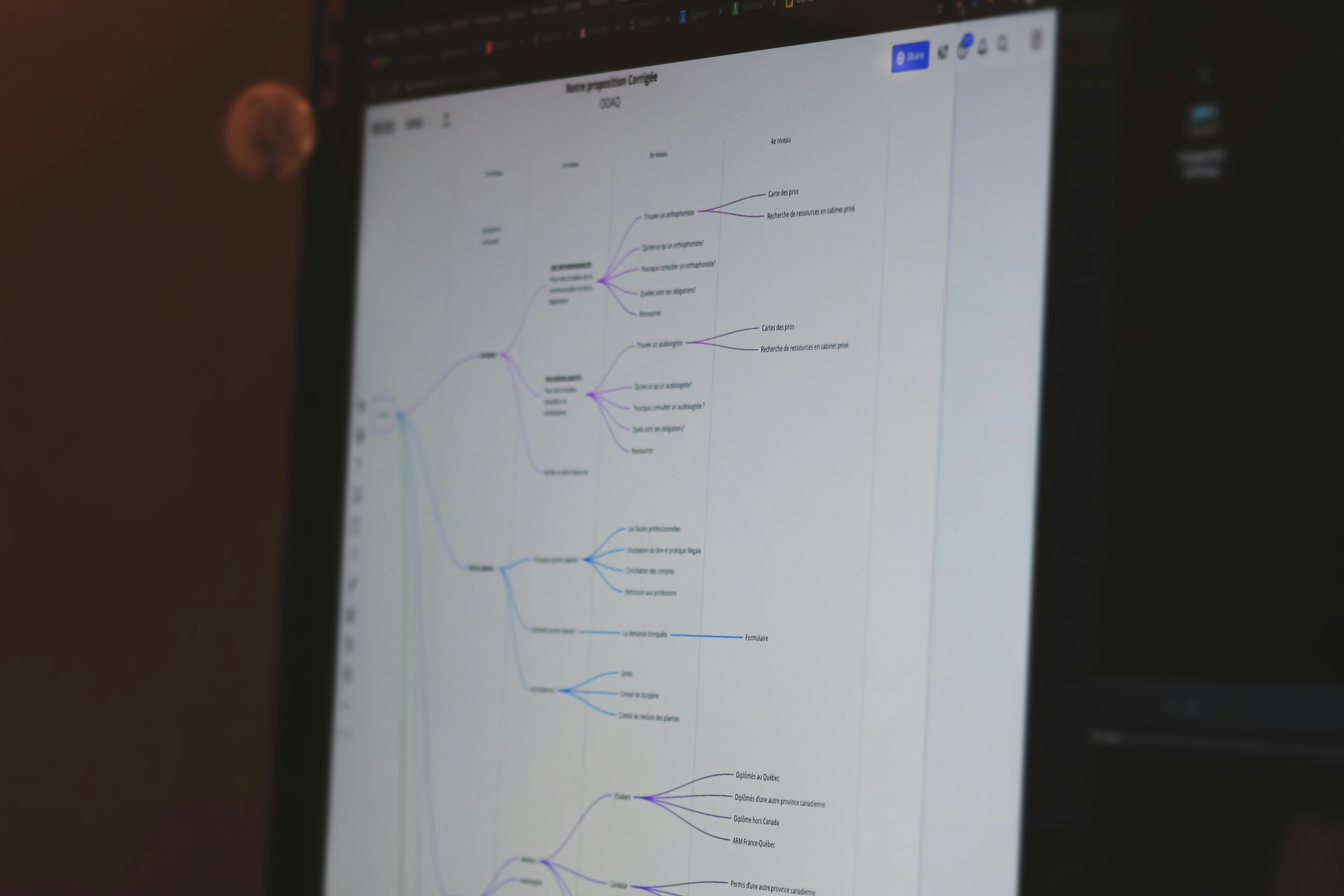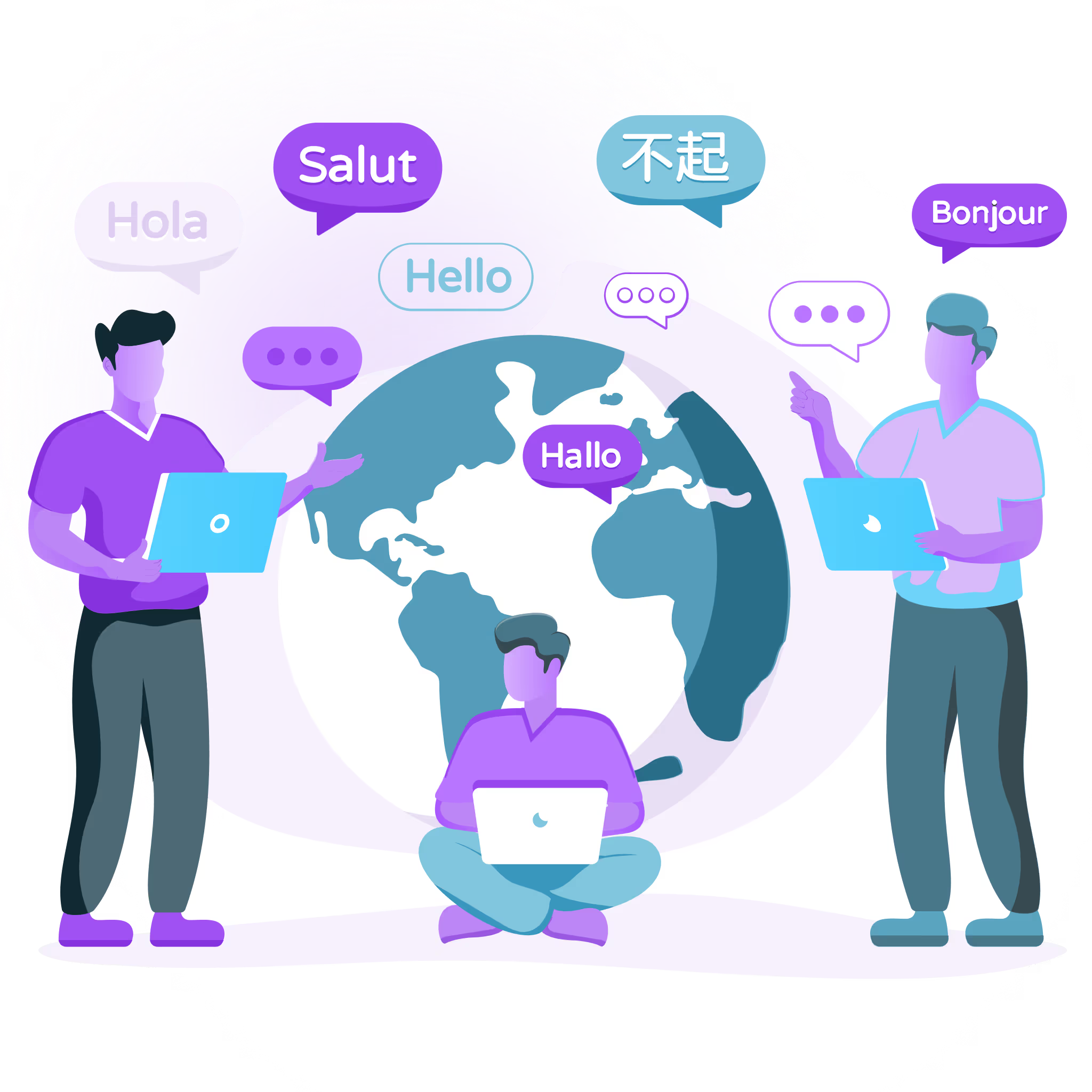Introduction
When considering to localize for the Southern African market, the important thing to remember about the area is that it is made up of ten countries, namely:
- Angola
- Botswana
- Lesotho
- Malawi
- Mozambique
- Namibia
- South Africa
- Swaziland
- Zambia
- Zimbabwe
Each of these countries has its own set of languages and cultures. When localizing for Southern African countries, it is important to realize that Southern Africa does not consist of just one homogenous culture and that each country is unique in its own way. The cultures of Southern African countries consist of an amalgam of ancient local cultures and characteristics carried over from years of colonization and changes in rulers.
A Growing Market
Thanks to the advent of the smartphone, the populations of Southern African countries are beginning to access the internet. In spite of the fact that there is still too little localized digital content for these countries, the time is ripe for change and for market growth as internet use can only increase. Check out some internet usage growth statistics by clicking here.
The Languages of Southern Africa
Many Southern African countries have Western languages like English and Portuguese as the official language of the country (and German in the case of Namibia), but the local languages are gaining more importance. Afrikaans, Chewa, Southern Sotho, Swazi, Tonga, Xhosa, and Zulu are some of the local languages spoken in these regions.
How to Localize for a Southern African Market
When localizing for a Southern African audience, here are five main steps to keep in mind:
1. Identify the Country
When looking at a Southern African market, it is better to look at one country at a time. The economy, culture, and percentage of the population using the internet varies from country to country. This is why it is important to localize for each one individually. If, for example, you decide to localize your website for South Africa, then it is best to know more about that one country first.
2. Determine the Local Language
Each Southern African country could have more than one local language. Concentrate on the one language that is spoken by the maximum number of people. In addition, there is usually also a western language that is widely spoken in the region. For instance, in South Africa where there are eleven official languages, English and Afrikaans are both spoken by a majority of the population.
3. Research the Local Culture
In Southern Africa, the nations have long and ancient cultures and traditions. Understanding what cultural features are an integral part of life in these areas will vastly improve your localization process. In turn, your marketing efforts will be more successful if you pay close attention to what appeals to the locals and what hurts their sentiments.
4. Hire a Local Translator
The best way to understand a place, its people, and its culture is to be like one of them. Hiring a local to help with the localization process has many benefits. Someone who can provide insights on what would appeal to the target audience is an invaluable resource. Someone who speaks both the original language of your website or product as well as the local tongue is beneficial.
5. Run a Test
Once your website or product has been localized, it is a good idea to run it on a test group. The results coming from your test group will help you iron out any flaws. Additionally, your data should show what is working and help identify strengths in your efforts.



%201.png)




